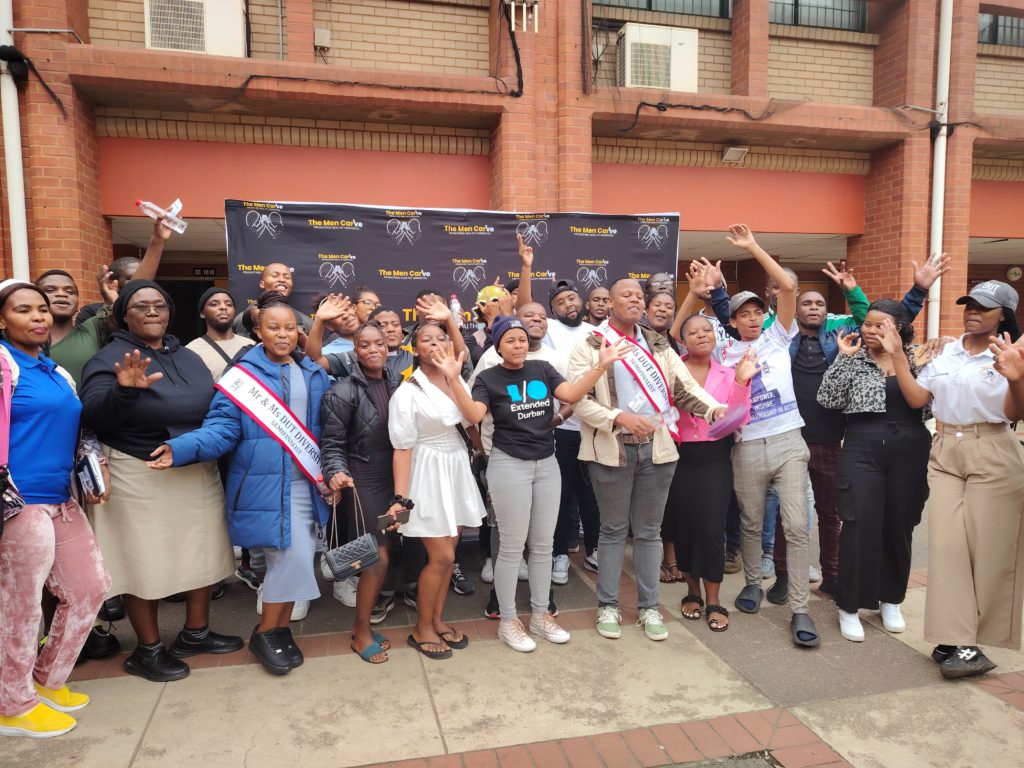By Awande Mabizela and Lwandile Hlekwayo
A KwaZulu-Natal non-profit organisation organised a workshop programme recently to educate students about the effects and strategies to combat gender stereotypes.
The Men Carve hosted a workshop at the Ritson Campus of the Durban University of Technology on 14 September to promote open dialogue on gender stereotypes, ways of socialisation, shared responsibility and potential solutions.
The Men Carve programme co-ordinator, Alvin Smith, initiated discussions to try to dismantle stereotypes, which included demonstrating that men who follow skincare routines are not necessarily queer.
“Today we are breaking stereotypes and discussing what we as the current generation would like to pass on to the next. Stereotypes such as ‘men don’t cry’ and ‘women can’t lead’ are ideas we want to break (down),” he said.
The Men Carve president, Zakhele Khuzwayo, talked about the importance of addressing issues affecting the LGBTQI+ community for enhanced understanding among them.
He said: “It is important for all genders, including the LGBTQI+ community, to sit together under one roof (to) discuss stereotypes and misconceptions. This is especially for the older generation that does not understand the LGBTQI+ community.”
Attendees expressed their grievances about societal issues and suggested solutions they believed could be useful.
Ayanda Mkhize shared about the challenges he faces as a queer at home and university. “As a queer male, I like to wear dresses on campus. Fellow male students gossip and make fun of me behind my back. This has put me through depression and when I’m at home, I am not allowed to wear dresses at all because of my father (who doesn’t allow it in his house).”
He continued: “I think the queer movement has come a long way, but people need to be educated more about our LGBTQI+ community and having such discussions is a starting point. There are so many stereotypes that need to be broken, such as ‘Just because I wear a dress, it does not make me less of a man.’”
Nomusa Maphumulo, a parent, said the discussions were a mind-opening experience. She added that she has gained valuable knowledge from attending.
“The reason I came to this workshop was because I wanted to understand the younger generation. The conversations we had today were very constructive and informative for me as a parent of four boys. I got to understand what it means to be queer. I’m very old school, so I thought kids do it because of following trends or Satanism.”
Attendees were encouraged to engage with their communities and families to help change the narrative to combat gender stereotypes.


